The Facebook app has revolutionized the way people connect and share information, becoming one of the most influential social media platforms in the world. Facebook is a social media app that allows people to communicate with each other on the internet. The idea for Facebook was conceived by Mark Zuckerberg in 2004, while he was studying at Harvard University. The app was originally created as a platform for college students to interact with each other, share information and photos, and create social connections.
At the time, social media was a relatively new concept, and few people could have anticipated the massive impact that Facebook would have on the world. Today, Facebook has over 2 billion active monthly users, and it has become one of the most powerful platforms for advertising, marketing, and communication in the digital age. In this article, we will explore the history of Facebook, its usage patterns, statistics, income, and profit, and its future plans.
Table of Contents
Facebook History
The origins of Facebook can be traced back to February 2004 when Mark Zuckerberg, along with his college roommates, launched “Thefacebook” as a platform exclusively for Harvard University students. The original idea for the app was to create a social network for college students, where they could connect with each other and share information about their classes, interests, and social lives. The app was an instant hit among college students, and it quickly spread to other Ivy League schools such as Yale, Columbia, and Stanford University.

In 2005, Facebook expanded its user base to include high school students and employees of select companies. By the end of the year, Facebook had over 5.5 million users, and it was quickly becoming one of the most popular websites on the internet.
In 2006, Facebook opened its doors to the public, allowing anyone to create an account and join the platform. This move was criticized by some, who argued that opening the platform to the public would dilute its value and make it less appealing to its core user base. However, Zuckerberg saw the move as a necessary step to expand Facebook’s reach and impact.
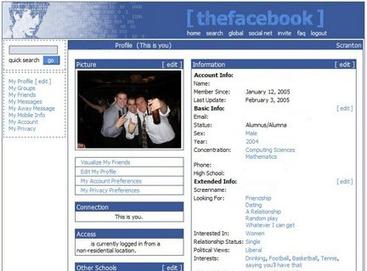
Over the next few years, Facebook continued to grow rapidly, adding new features such as the ability to like posts, comment on photos, and share videos. In 2012, Facebook went public, making Zuckerberg and other top executives billionaires overnight. Today, Facebook is one of the most valuable tech companies in the world, with a market capitalization of over $700 billion.
Facebook Usage
Facebook is used by people of all ages, genders, and backgrounds from around the world. According to a 2019 report by the Pew Research Center, about 69% of adults in the United States use Facebook. The app is particularly popular among younger adults, with about 76% of people aged 18-29 reporting that they use Facebook. However, even among older age groups, Facebook use is still relatively high, with about 61% of people aged 50-64 using the app.
Facebook is used for a wide variety of purposes, including personal communication, entertainment, news consumption, and online shopping. Many people use Facebook to stay in touch with friends and family members who live far away, while others use the app to connect with like-minded individuals or to follow their favorite celebrities, companies, and brands.
Facebook has also become an important tool for marketing and advertising, with many companies using the platform to reach new customers and build brand loyalty. The app’s sophisticated targeting capabilities allow companies to tailor their ads to specific demographics and interests, making it a powerful tool for reaching potential customers.
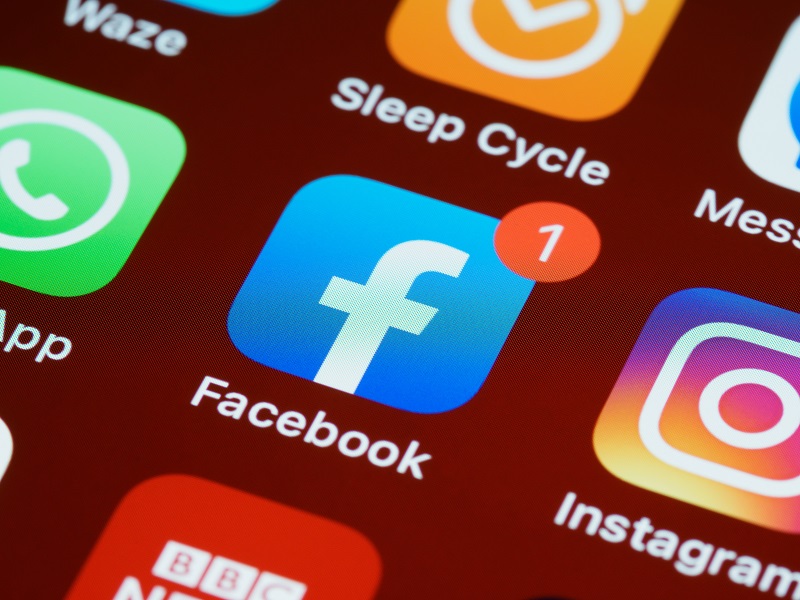
Facebook Statistics
Facebook’s massive user base and deep integration into people’s lives make it a treasure trove of data for researchers and marketers. Here are some key Facebook statistics that give us a glimpse into the app’s impact:
- Number of Facebook users in the world (monthly active users): 2.989 billion (April 2023)
- Number of people who use Facebook each day: 2.037 billion (April 2023)
- Share of Facebook’s monthly active users who log in each day: 68% (April 2023)
- The average Facebook user spends about 38 minutes per day on the app.
- Size of Facebook’s global advertising audience: 2.249 billion (April 2023)
- Facebook’s global advertising audience as a percentage of the platform’s total active user base: 75.3% (April 2023)
- About 93% of Facebook’s revenue comes from advertising.
- The average Facebook user clicks on about 12 ads per month.
- In 2020, Facebook’s revenue was $85.9 billion, up from $70.7 billion in 2019.
- In 2020, Facebook’s net income was $29.1 billion, up from $18.7 billion in 2019.
- About 65% of American adults use Facebook, with about 74% of them logging in multiple times per day.
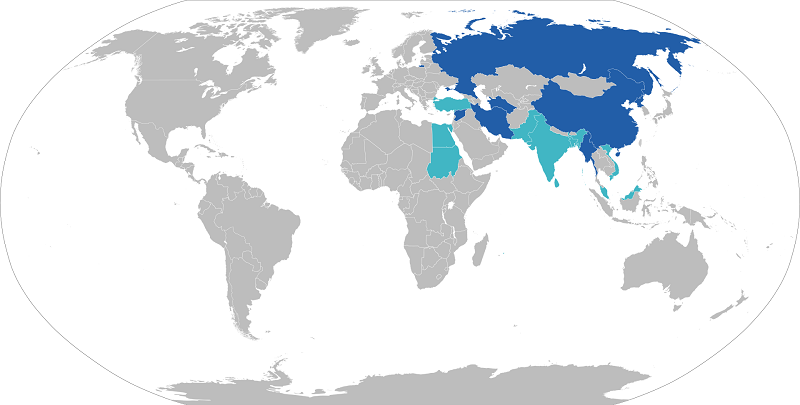
Blue: Currently blocked; Green: Formerly blocked; Source: Wikipedia
Facebook’s monthly active users equate to 37.2% of all the people on Earth today.
To put that in perspective, Facebook’s active user base is now larger than the total populations of China and India combined.
Facebook’s Influence on Society
The Facebook app has had a profound impact on various aspects of modern society. It has transformed communication patterns, enabling people to connect with friends and family across the globe effortlessly. The app has also become a significant source of news and information dissemination, shaping public discourse on a wide range of topics. Additionally, Facebook has played a pivotal role in digital marketing and advertising, providing businesses with a powerful platform to reach their target audiences.

Facebook Income and Profit
Facebook’s massive user base and sophisticated advertising platform have made it one of the most profitable companies in the world. In 2020, Facebook’s revenue was $85.9 billion, up from $70.7 billion in 2019. The majority of Facebook’s revenue comes from advertising, with the company earning about $80 billion in ad revenues in 2020. Facebook’s net income in 2020 was $29.1 billion, up from $18.7 billion in 2019.
Despite its massive profits, Facebook has faced criticism for its handling of user data and privacy issues. In 2018, the company faced a major scandal when it was revealed that the data of millions of users had been harvested by political consulting firm Cambridge Analytica. The scandal led to increased scrutiny of Facebook’s data policies and calls for greater regulation of social media platforms.
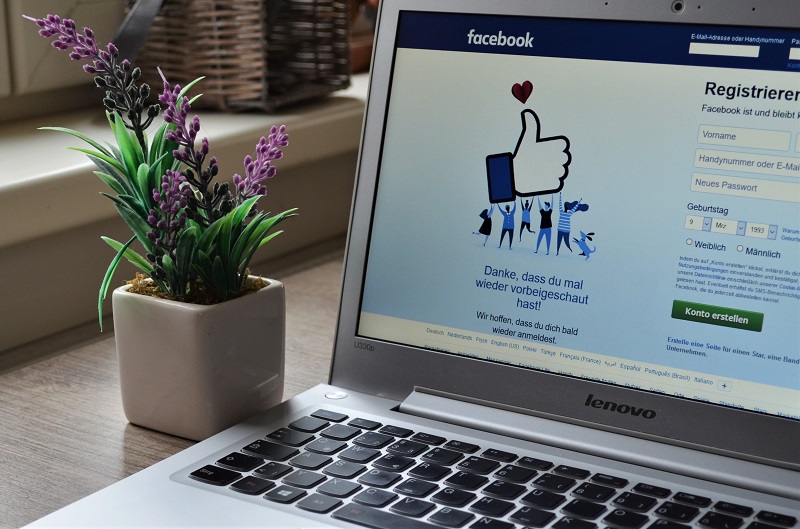
Facebook Future Plans
As Facebook continues to grow and evolve, the company has announced several plans for the future. One of the most significant is the company’s push into virtual reality and augmented reality. Facebook acquired VR company Oculus in 2014 and has since released several VR products, including the Oculus Quest 2. The company has also invested heavily in AR technology, with plans to release AR glasses in the coming years.
Facebook is also focusing on developing new ways to connect people and build communities online. In 2017, the company launched Facebook Groups, a feature that allows users to create and join groups based on shared interests or affiliations. Facebook has also announced plans to build a new metaverse, a virtual world where people can interact with each other and digital objects in real-time.
Metaverse
Facebook has also announced plans in its Founder’s letter from 2021 to build a new metaverse, a virtual world where people can interact with each other and digital objects in real-time.
In this Letter it states: “The next platform will be even more immersive — an embodied internet where you’re in the experience, not just looking at it. We call this the metaverse, and it will touch every product we build.
The defining quality of the metaverse will be a feeling of presence — like you are right there with another person or in another place. Feeling truly present with another person is the ultimate dream of social technology. That is why we are focused on building this.”
Meta comes from the Greek prefix and preposition meta, which means “after” or “beyond.” When combined with words in English, meta- often signifies “change” or “alteration”
Continuing in the Letter: “In the metaverse, you’ll be able to do almost anything you can imagine — get together with friends and family, work, learn, play, shop, create — as well as completely new experiences that don’t really fit how we think about computers or phones today. We made a film that explores how you might use the metaverse one day.”
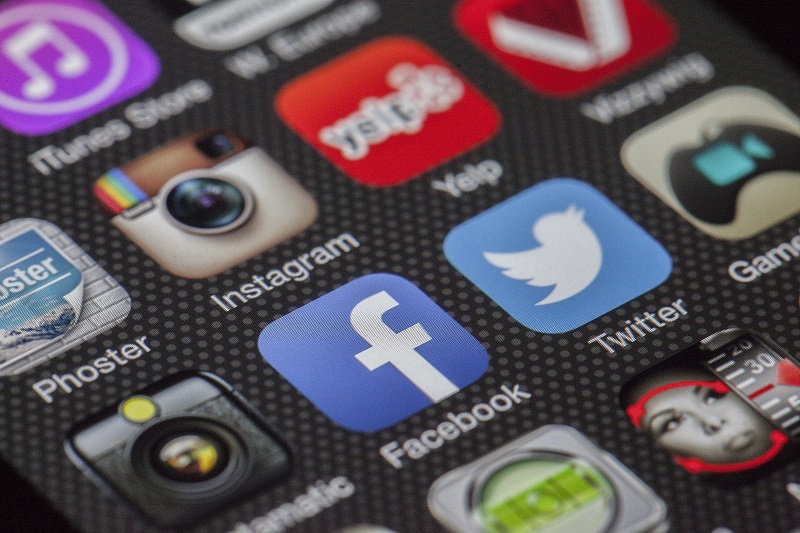
Conclusion
Facebook has come a long way since its early days as a social networking site for college students. Today, the app is used by billions of people around the world for a wide variety of purposes, from personal communication to entertainment, news consumption, and online shopping. Facebook’s massive user base and profitable advertising platform have made it one of the most powerful companies in the world, with plans for continued growth and expansion into the future. However, the company faces ongoing criticism and scrutiny over its handling of user data and privacy issues, and it remains to be seen how Facebook will navigate these challenges in the years to come.
The Facebook app has undeniably left an indelible mark on the social media landscape and society as a whole. With its extensive user base, innovative features, and significant revenue generation, it has become a force to be reckoned with. While the app’s impact has been substantial, it continues to evolve and adapt to the changing digital landscape, aiming to provide users with a seamless and engaging experience.
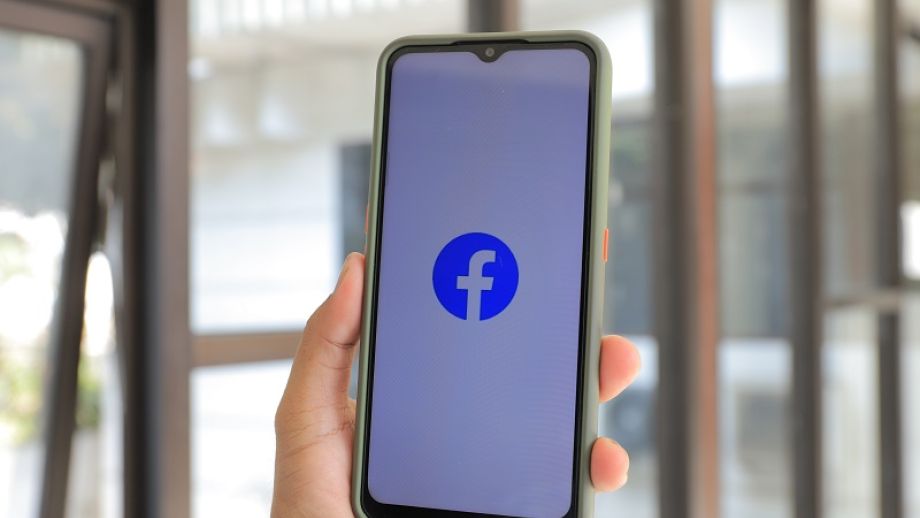
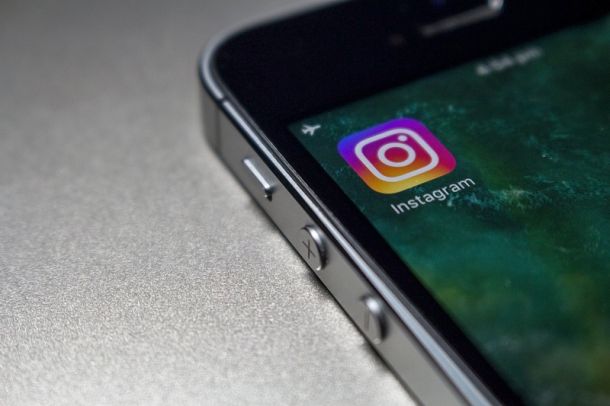
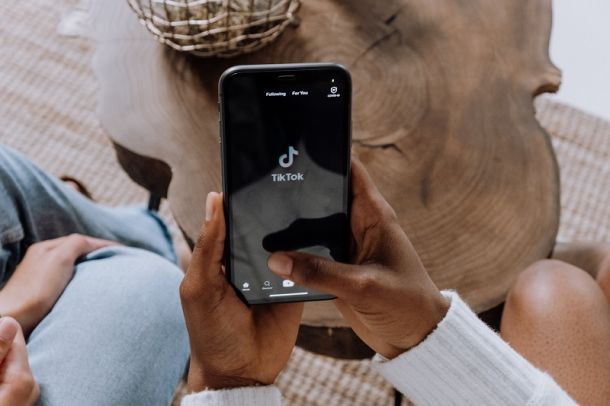



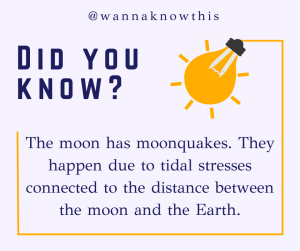
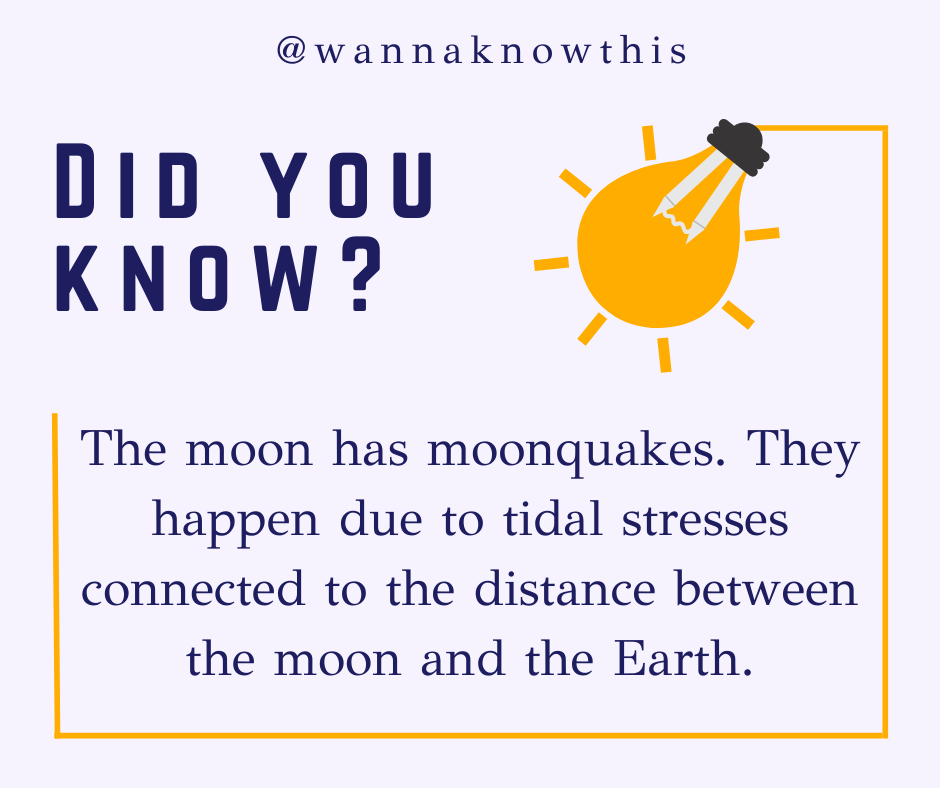








[…] videos from Facebook can be done using various methods, depending on the device you’re using. Here are a few […]
[…] photos from Facebook is a straightforward process. Here’s a step-by-step guide on how to save photos from […]